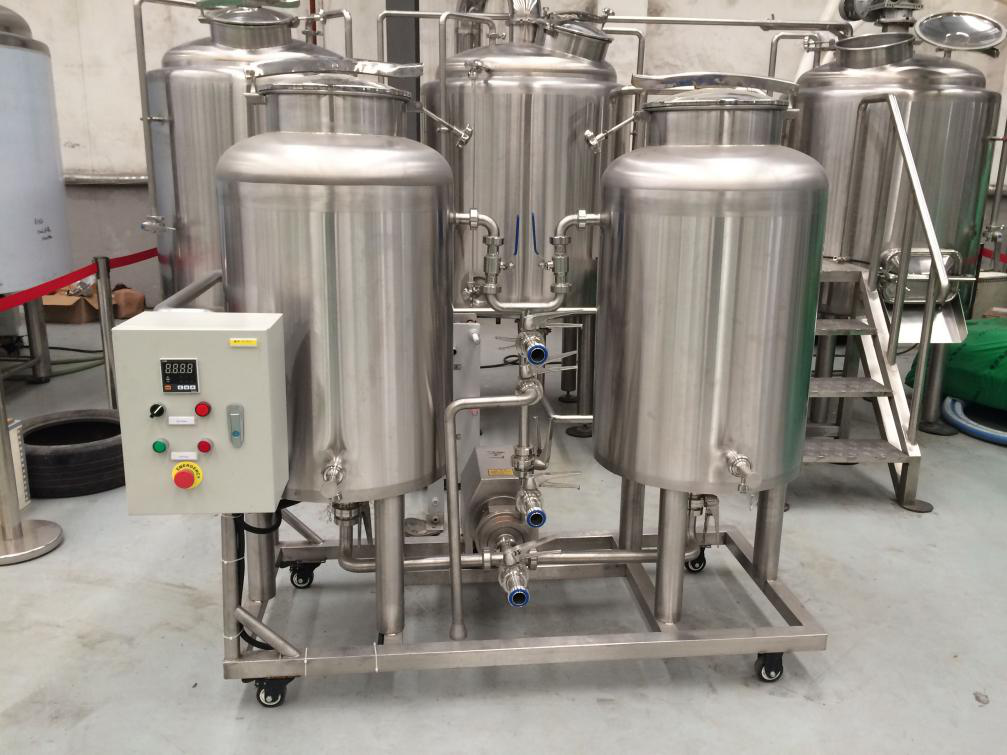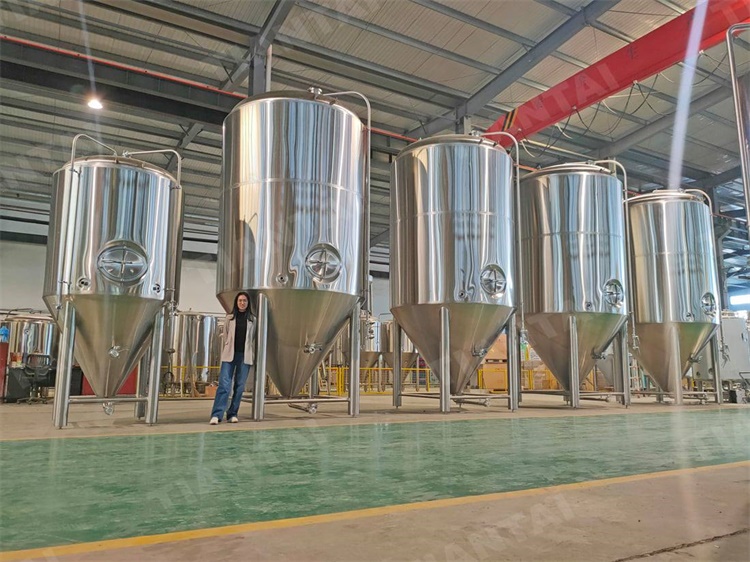How will a microbrewery equipment working during brewing day?
Microbreweries are small-scale breweries that produce limited quantities of beer, typically less than 15,000 barrels per year. They are known for their unique and flavorful beers, which are crafted using high-quality ingredients and traditional brewing methods. The brewing process is a complex and time-consuming operation that involves a series of steps, from the selection of raw materials to the fermentation and aging of the beer.The brewing day typically starts early in the morning, with the preparation of the brewing equipment. The brewing equipment consists of several components, including the mash tun, the lauter tun, the brew kettle, the fermentation tank, and the conditioning tank. Each of these components plays a crucial role in the brewing process and must be carefully maintained and sanitized to ensure the quality and consistency of the beer.
The first step in the brewing process is the preparation of the raw materials. This includes the selection of high-quality grains, such as barley and wheat, which are then milled to produce a fine powder known as grist. The grist is then mixed with hot water in the mash tun, where it is allowed to steep for several hours to extract the sugars and other nutrients from the grains.
Once the mash has been completed, the liquid is transferred to the lauter tun, where the solids are separated from the liquid using a series of screens and filters. The liquid, known as wort, is then transferred to the brew kettle, where it is boiled for several hours to sterilize the liquid and to add hops, which provide the beer with its distinctive flavor and aroma.
.jpg)
After boiling, the wort is transferred to the fermentation tank, where it is cooled and yeast is added. The yeast consumes the sugars in the wort and produces alcohol and carbon dioxide as byproducts. This process typically takes several days, during which the beer is carefully monitored and tested to ensure that the fermentation process is proceeding as planned.
Once fermentation is complete, the beer is transferred to the conditioning tank, where it is aged for several weeks to allow the flavors to develop and mature. After conditioning, the beer is bottled or kegged, ready to be enjoyed by beer enthusiasts around the world.
Throughout the brewing process, microbrewery equipment plays a critical role in ensuring the quality and consistency of the beer. The equipment must be carefully maintained and sanitized to prevent contamination, and each step of the brewing process must be carefully monitored and controlled to ensure that the beer meets the high standards of the microbrewery.
In conclusion, microbrewery equipment is an essential component of the brewing process, enabling brewers to create unique and flavorful beers that are highly sought after by beer enthusiasts around the world. The brewing process is a complex and time-consuming operation, but with the right equipment and expertise, microbreweries are able to produce some of the best beers in the world.
Edited by Vincent
Contact us: [email protected]




.jpg)

Get In Touch